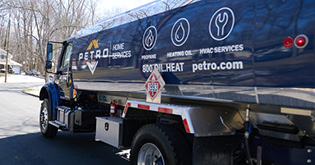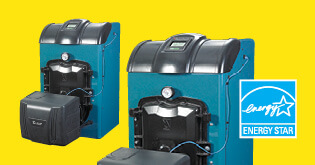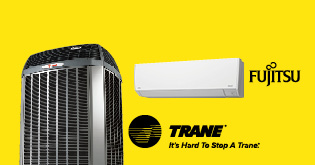- My Account:
- Sign In
- Register
- Make Payment
Articles.
Below are the categories for any articles that are published on our website. You can find articles on topics ranging from heating oil, propane, heating equipment, cooling, and much, much more. Our Home section also contains important tips, insightful facts and helpful how-to guides on lots of topics about everything from energy efficiency to important safety tips for taking care of your home and family. We also update our Featured Articles section with our newest and most relevant seasonal content to help you with your home services throughout the year. Check them out below...
Featured articles.
Generator sizes and wattage: whole house generator sizing guide.
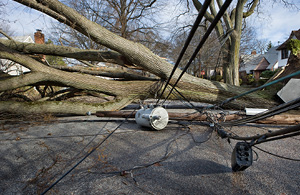
Most homeowners can recall a time where a strong storm completely cut out the power to their home. For families, this can be a threat to you and your loved ones’ safety. When your home is without electricity, your food begins to spoil, air conditioning is no longer functional, and you lose access to many of your most vital devices and appliances. A whole house generator can prevent some of these disruptive side effects from power outages.
If you live in a storm-prone area, purchasing a whole house generator can be one of your smartest investments, but only if it’s the right size. Choosing one that is too small can fall short of supplying power to your home in times of emergencies and choosing one that is too big can waste resources. That’s why the Petro has created a guide to help you determine which generator size is right for your home so your family can have peace of mind in case of a power outage.
3 Factors to consider when choosing a generator size:
- Square footage of your home
- Total number of appliances
- Size of your HVAC unit
Determine square footage of your home.
The first thing you need to consider in choosing the right whole house generator is the size of your home in square feet. Your home’s square footage will directly affect the size of the generator you need to power your home. Typically, the larger the dwelling the more electronic devices within it that need power.
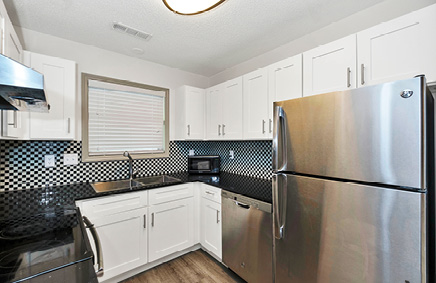
Make a list of all appliances that need power.
The next factor to take into consideration is which appliances you’ll need to power during an outage. Make a list of the devices you’ll want to keep running and find out how much electricity each uses. Keep in mind you may have to convert different units like volts and amps to kilowatts, as generator sizes are typically measured in the total number of watts (W) that it is able to power.
To determine the wattage each appliance in your home might need, use this simple formula:
Wattage = amps x volts or W=AxV
Appliances with motors, like refrigerators and washing machines, require a calculation of the running wattage plus the starting wattage. To find out what the starting wattage for appliances with motors is, consult the user manual.
Consider the size of your HVAC unit.
When listing out all your appliances, don’t forget the HVAC unit! Central heating and air conditioners use more electricity than any other devices in your home, so it’s important to get an accurate measurement on this device as well.
Depending on their BTUs or tons, HVAC systems can be several different sizes, drastically affecting the generator size that is appropriate for your house. Refer to your HVAC unit’s user manual for more information on the total system wattage needed to power it.
Once you’ve made a list of all the appliances you want to power and you’ve calculated the wattage needed to power them, add up the total wattage and you’ll have a good idea of what size generator you’ll need.
Calculate total wattage needed.
Once you’ve made a list of all the appliances you want to power and you’ve calculated the wattage needed to power them, add up the total wattage. Then add 25% to allow a margin for anything you may have forgotten. This will give you the minimum generator capacity needed to power your home during an outage.
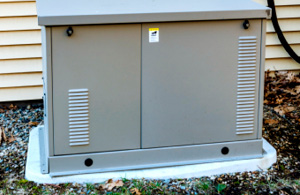
Choose the best generator size for your home.
There are two main standby generator sizes: If your home requires just over 12 kW, it still may be a wise investment to go with the larger unit. As time goes on, you may acquire more electronic devices or larger appliances that will only increase the amount of power you will need.
Need help sizing your generator? We’re always here to help.
Always keep in mind that it’s smart to contact an expert to guide you regarding all aspects of whole house generators. Our certified professional team can help you with home generator sizing, generator safety, installation, and answer any of your questions. Call us at 888.735.5651 or contact us today!

